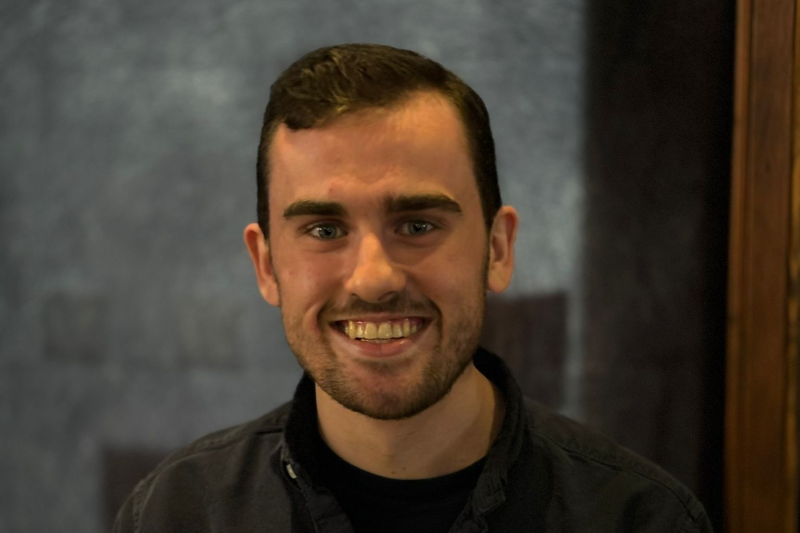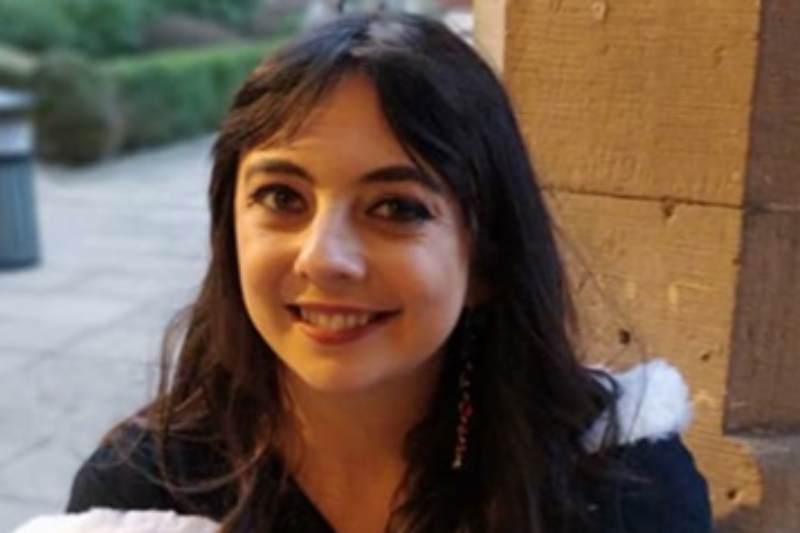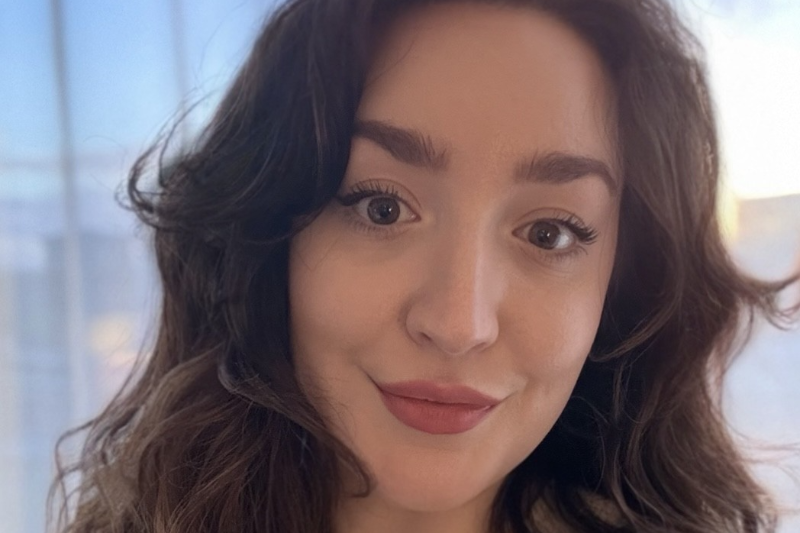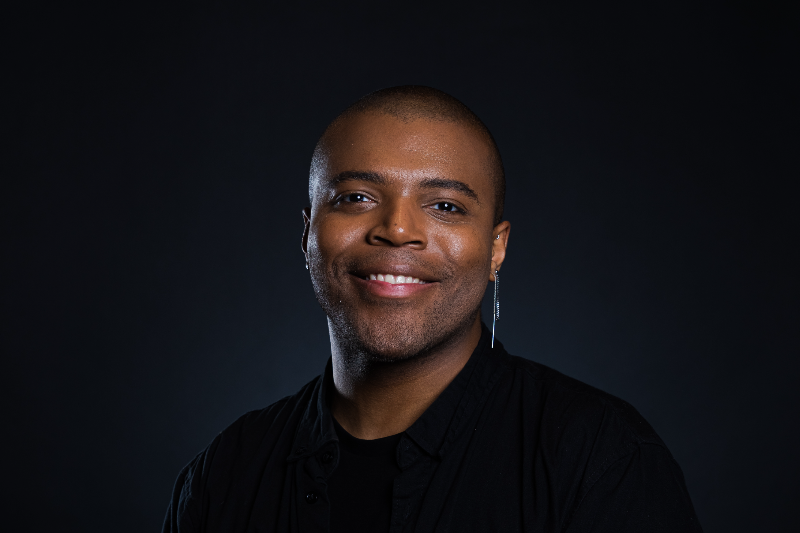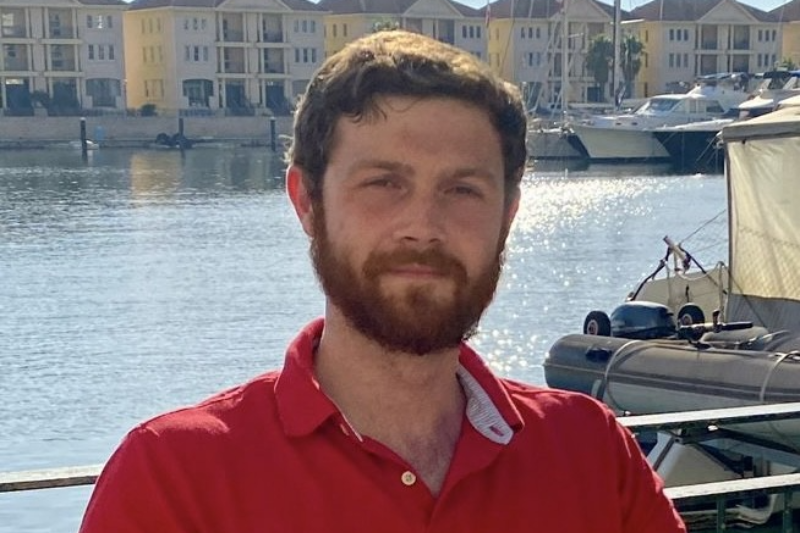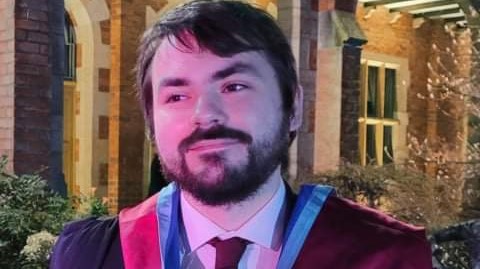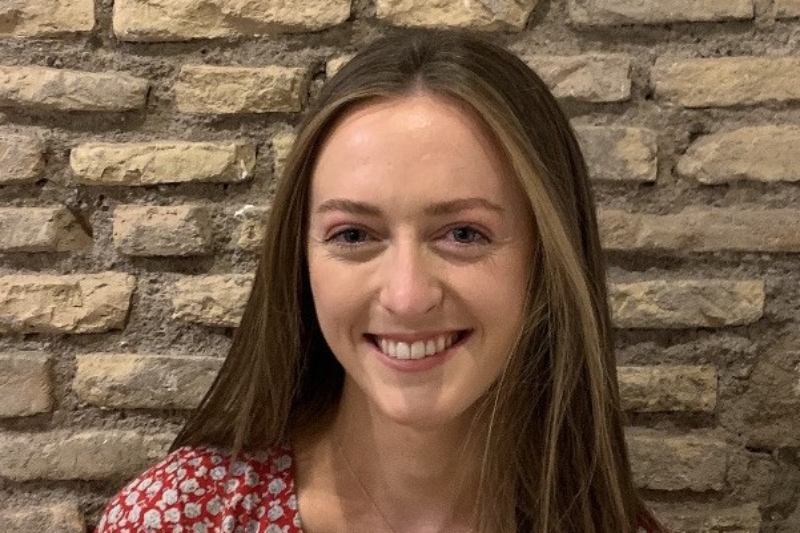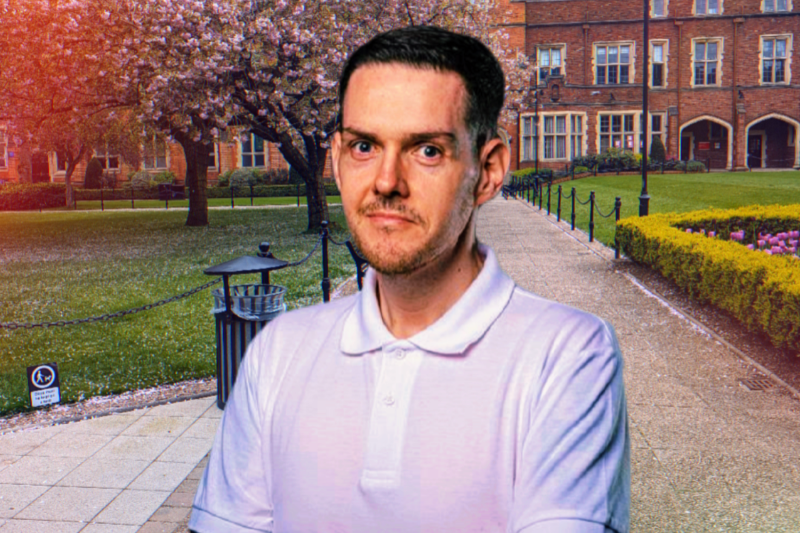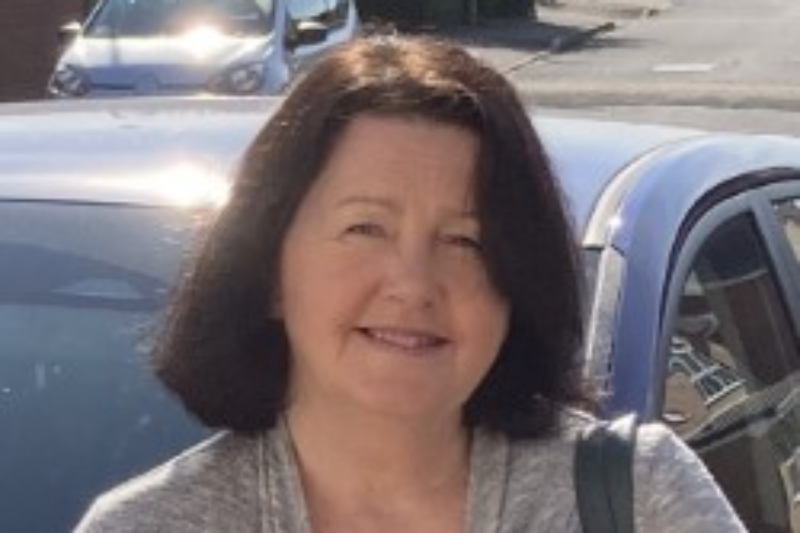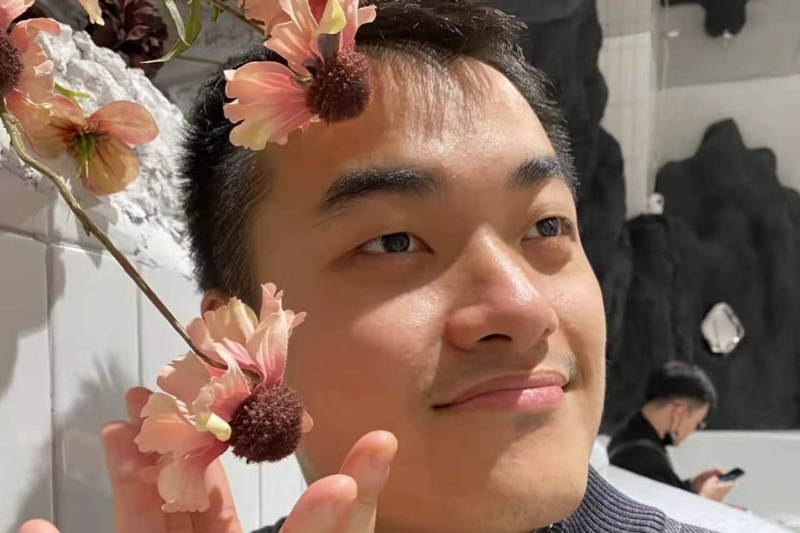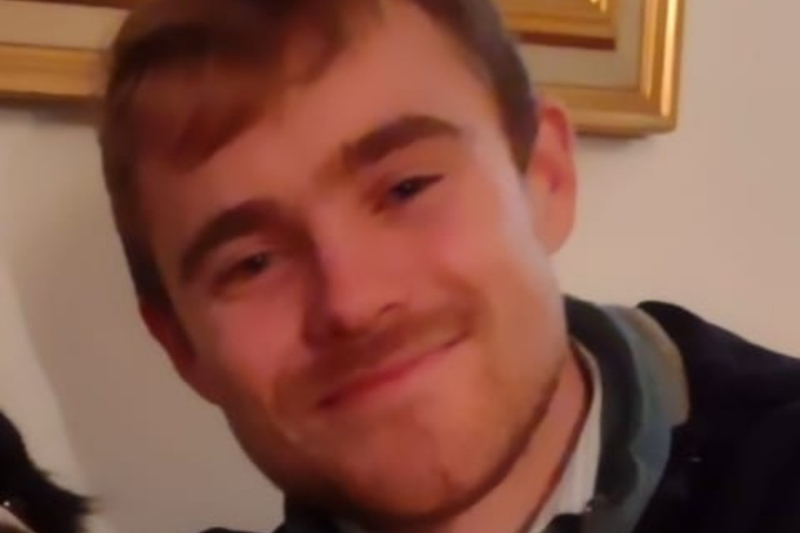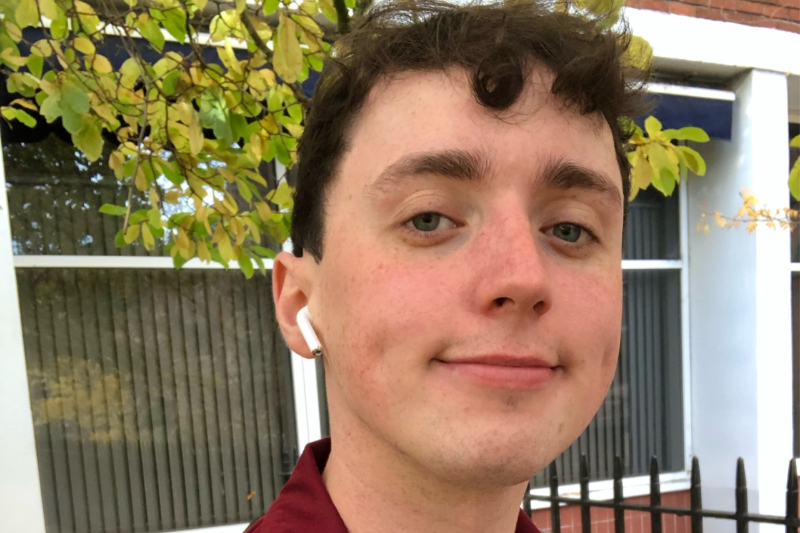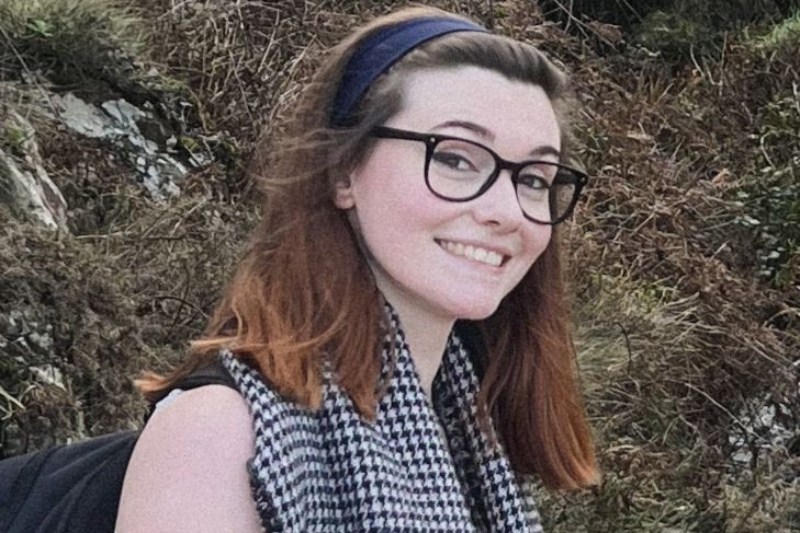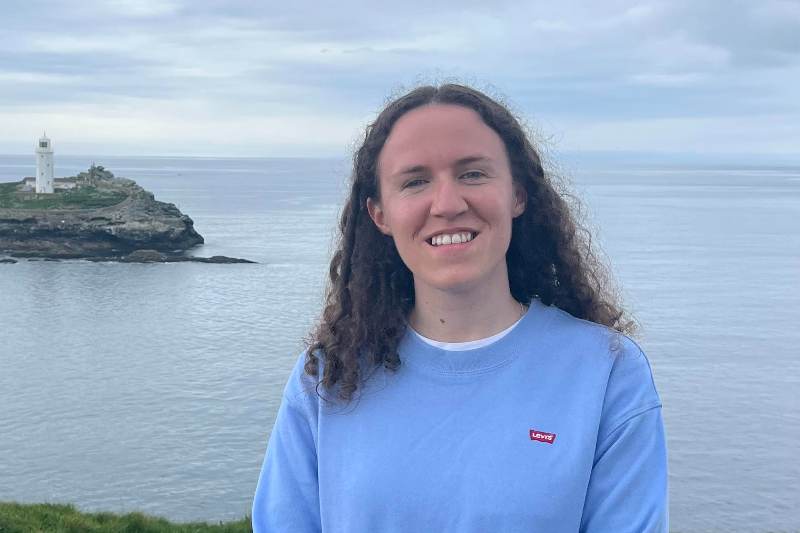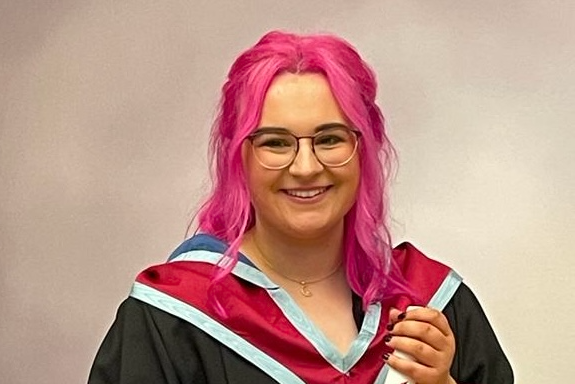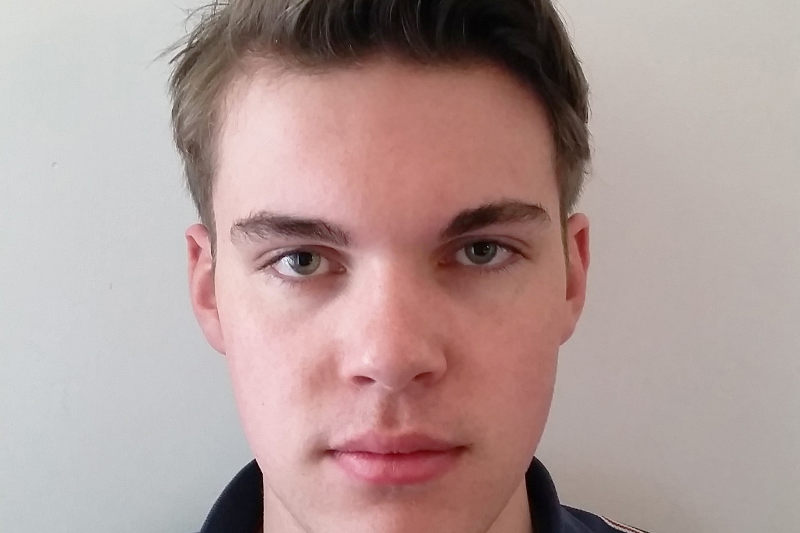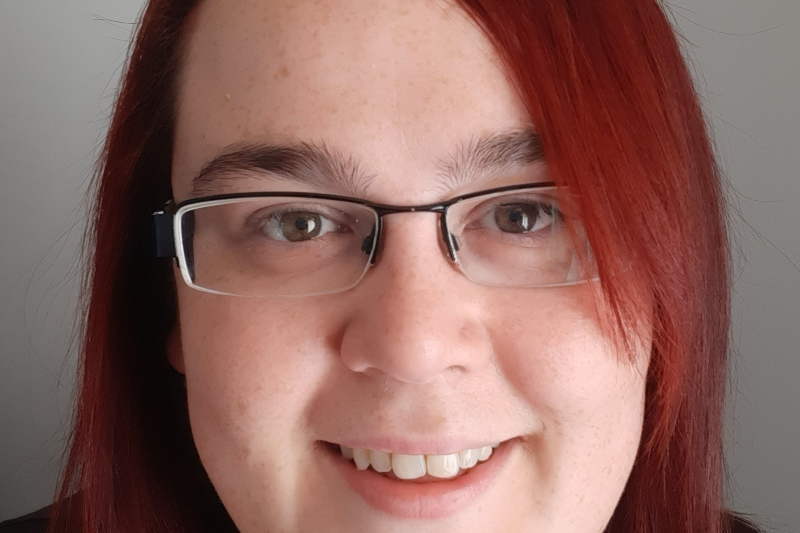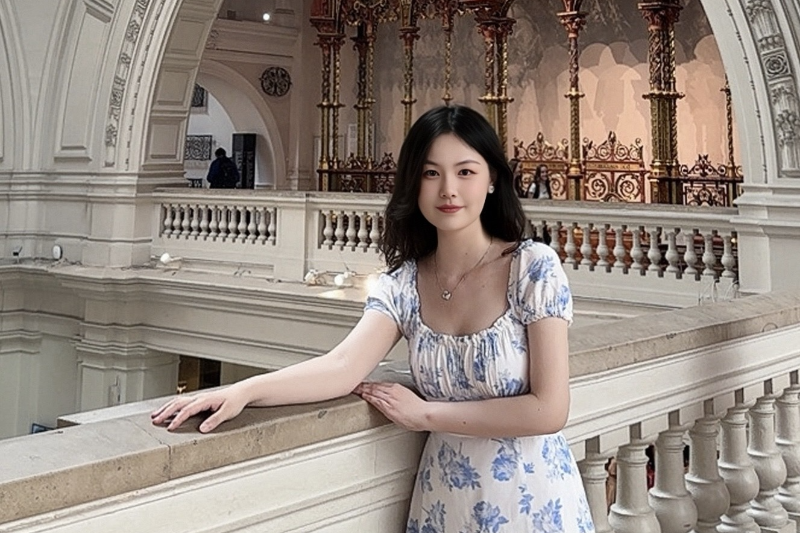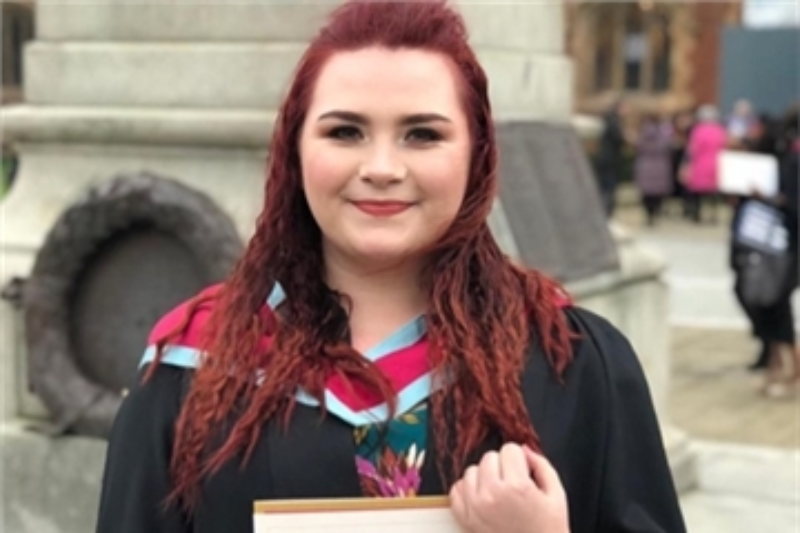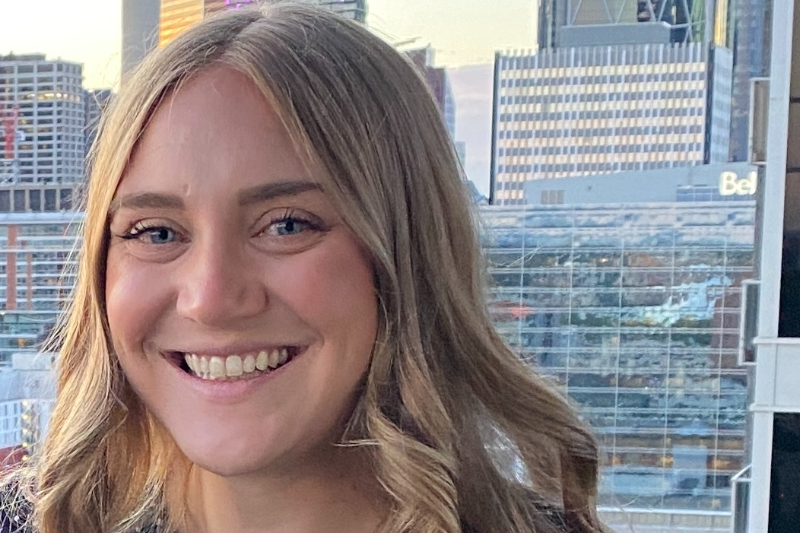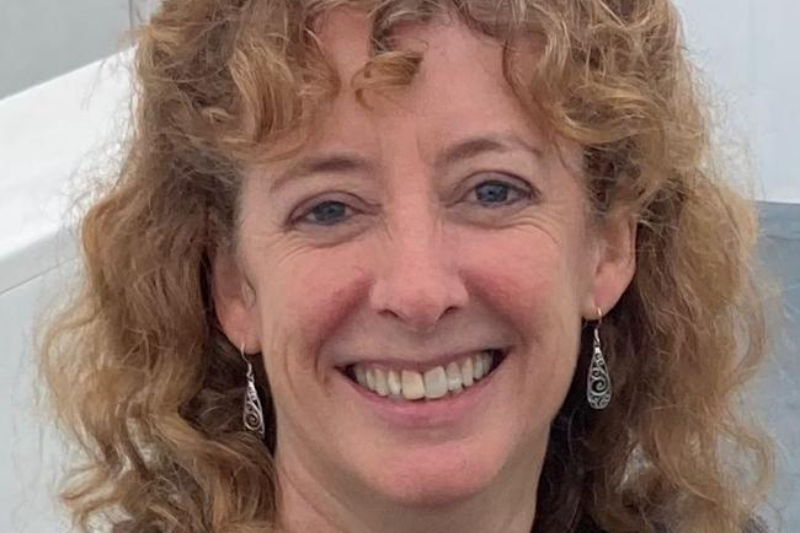PhD Profiles
| Name | PhD Research Theme or PhD Thesis Title | Principal Supervisor | Secondary Supervisor |
| Jaime Caballero Vilchez | The role of natural law in the development of the political theory of John Owen (1616-1683) | Prof Crawford Gribben | Dr Ian Campbell |
| Naomi Cavanagh | Jewish community and identity in Northern Ireland 1948-1990 | Dr Daniel Kowalsky | Prof Sean O'Connell |
| Anthony Clyde | Surviving or Thriving?: Old Age, Poverty, and Welfare in Ulster, 1850-1921 | Prof Peter Gray | Prof Olwen Purdue |
| Darren Colbourne | When the War’s Already Home: A Re-examination of People's Democracy Through Narrative, Identity Formation, and Comparative Politics | Prof Richard English | Prof Cathal McCall |
| Helena Cunningham | A Clash of Cultures: An investigation into Sino-British relations and the fate of Hong Kong, 1949-1997. | Dr Aglaia De Angeli | Prof Paul Corthorn |
| Emma Dewhirst | The Roots of Radicalism: Networks, Organisation, and the Irish Revolution, 1913-1919 | Prof Diane Urquhart | Prof Marie Coleman |
| Joseph Dunlap | Religious History of Early Modern Scotland (Covenanter) | Dr Kieran Connell | Prof Paul Corthorn |
| Padraig Durnin | International Solidarity Movements and the Left in Ireland, 1964-1994 | Dr Kieran Connell | Dr Paul Corthorn |
| Catriona Edington | Fertility and its Failure: An exploration of the early-modern animal and human contexts | Prof Christopher Marsh | Dr Niamh Cullen |
| James Isaac Fazio | John Nelson Darby and the Ruin of the Church: Tracing the Development of Darby's Views on the Present and Future State of the Church (1820-1840) | Prof Crawford Gribben | Dr Scott Dixon |
| Sean Garland | 'Women of the Irish Citizen Army: an assessment of their role and recognition during and after the Revolutionary Period' | Prof Marie Coleman | Prof Fearghal McGarry |
| Samantha Gowdy | The Civil Rights Movement in Arkansas 1919-1939 | Dr Brian Kelly | Dr Nik Ribianszky |
| Andrew Hamilton | Representing People in Crisis: Late Medieval England and its Deviant Peasantry | Dr James Davis | Dr Stephen Kelly |
| Xiaowan He | Sino-Western Encounter: Cultural Imperialism, Nationalism, and the Modernization of Chinese Music, 1840-1950 | Dr Emma Reisz | Dr Aglaia De Angeli |
| Barry Henderson | The Forgotten Tycoon: James McHenry (1817-91) and the Atlantic and Great Western Railroad (c.1851-80) – A cosmopolitan conduit for European investment in nineteenth century American nation building | Dr Brian Kelly | Dr Nik Ribianszky |
| Andrew Himmelberg | A Gendered Revolution: The Ideology, Activism, and Perception of Ireland's Republican Women, 1910-1925 | Prof Marie Coleman | Dr Síobhra Aiken |
| Katherine Ingram | ‘[P]arty claims were for once subordinated to sex principle’: unity in the women’s suffrage movement in the United Kingdom between 1900 and 1918 | Prof Diane Urquhart | Dr Elaine Farrell |
| Shonagh Joice | Gender Identities and Family Dynamics in Post-Industrial Communities: A Comparative Study of Northern Ireland and West-Central Scotland | Prof Sean O'Connell | Prof Diane Urquhart |
| Guanhua Lu | A change of wind: Sir Robert Hart’s role in Chinese domestic and foreign policy in the aftermath of the Beijing Legation siege, 1900-1908 | Dr Aglaia De Angeli | Dr Emma Reisz |
| Pearce Magee | Anti-lynching Campaigns: Popular Support, Opposition and the Historic Failure of the United States Government to Enact Legislation to Curb Lynching 1909-1940 | Dr Keira Williams | Dr Brian Kelly |
| Julie Mathias | Ireland’s Lost Property: an Exploration of the Anatomy Trade in England and Ireland: 1832-1922 | Prof Olwen Purdue | Dr Elaine Farrell |
| Barry-John McCann | Ourselves Alone? Partition, pensions and northern veterans of the Irish Revolution | Prof Marie Coleman | Prof Fearghal McGarry |
| Zachary McCulley | Developing Radicalism: John Owen's Anti-Catholicism in Restoration England | Prof Crawford Gribben | Dr Ian Campbell |
| Grace McGrath | Power, Profit and Plantocracy | Prof Peter Gray | Dr Nik Ribianszky |
| Miren Mohrenweiser | Martyr or Mother: Irish Nationalism and Irish Motherhood in N. Ireland Prison Protests, 1975-81 | Dr Peter McLoughlin | Prof Cahal McLaughlin |
| Rachel Newell | Women in the Dock: Female Criminality and Ulster Society, 1880-1930 | Dr Elaine Farrell | Dr Niamh Cullen |
| Declan O'Doherty | Silent Sacrifice: A study of the Impact of trauma on veterans of the Irish Revolution | Prof Marie Coleman | Dr Ciaran Mulholland |
| Áine Poland | Reading between the lines": Anglophone foreign women's networks in late Imperial China, 1860-1911 | Dr Aglaia De Angeli | Dr Emma Reisz |
| Ryan Shelton | The Making of New Covenant Theology: Spiritual Experience in Trans-Atlantic Congregationalism (1630-1667) | Prof Crawford Gribben | Dr Scott Dixon |
| Shibei Shen | Street Trees in Shanghai: Urbanisation and Sino-Western Interaction in Modern China, 1865-1937 | Dr Aglaia De Angeli | Dr Emma Reisz |
| Tara Shields | Saint Patrick’s Purgatory: its Function and Significance in Late Medieval Irish Society | Dr Simon Egan | Prof Gregory Toner |
| Holly Shipton | Landscape, Ecology, and Agriculture in Medieval Ireland; Management and Decision-making on the Manors of Roger Bigod | Dr James Davis | Dr Patrick Gleeson |
| Constantin Torve | Valleys of Fear: Mapping Irish Secret Societies between Agrarian and Industrial Unrest, 1840-1880 | Prof Peter Gray | Dr Alan Fernihough |
| Jack Ward | Conservative Cold Warriors: Anti-communism and the Conservative Party, 1945-89 | Prof Paul Corthorn | Dr Alexander Titov |
| Thomas Ward | Queer Citizenship in Contemporary Britain, c.1967-2005 | Dr Kieran Connell | Dr Tom Hulme |
| Aimee Wismar | The Voice of Sanity is Getting Hoarse: Exploring Moderate Movements in Northern Ireland, 1969-1979 | Dr Peter McLoughlin | Dr Margaret O'Callaghan |
| Ali Zubaidi | Royal justice, laws and peasant revolt of 1381 | Prof James Davis | Dr Stephen Kelly |

